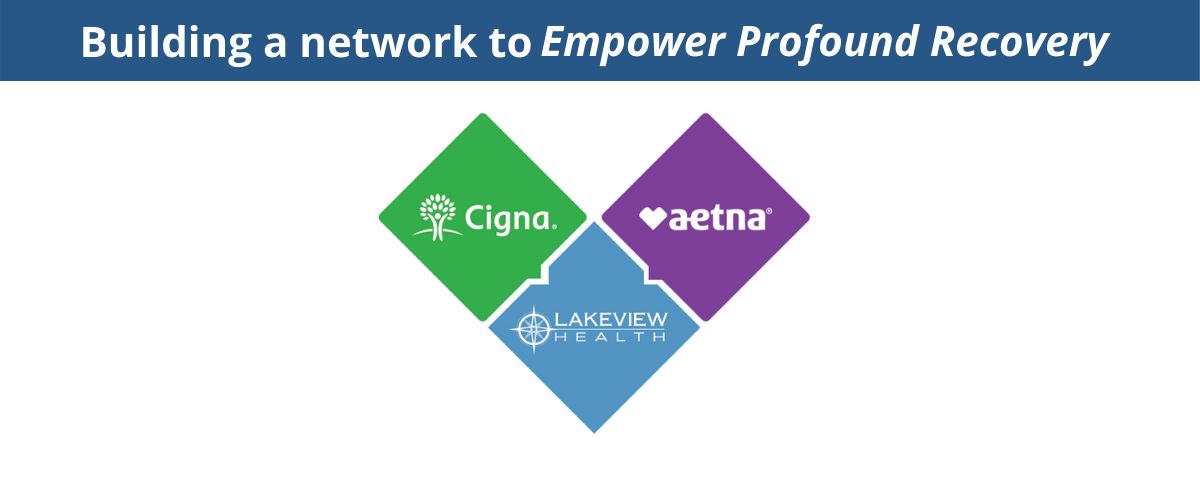Key Issues Addressed By The SUPPORT Act Legislation
The SUPPORT Act (Substance Use-Disorder Prevention that Promotes Opioid Recovery and Treatment for Patients and Communities Act) is a combination of 58 bills passed by the House of Representatives. If it becomes law, we’ll be one step closer to what organizations like the National Association of Treatment Providers (NAATP) have been asking for – a healthcare system that treats substance use disorder like the disease it is.
It’s important to note that the SUPPORT Act is not yet law.
The SUPPORT Act needs to be combined with similar bills that the Senate is already working on and then consolidated into a single package – a process that can take months. Once Senate approved, the act will need the President’s signature to become law. That said, it’s hard to not get a little excited about the potential changes to come.
Medicaid Pays For Inpatient Opioid Addiction Treatment
Currently, Medicaid is not allowed to pay for opioid addiction treatment in certain inpatient facilities that treat mental illness. If passed as is, the SUPPORT Act would allow Medicaid to pay for up to 30 days of inpatient recovery. This would give you a broader range of inpatient treatment options for your lower-income patients. While the act is in Senate review, NAATP plans to lobby for the language to change so it can apply to all substance use disorders (not just opioids and crack cocaine as the bill is currently written).
CHIP Covers Mental Health/Addiction Needs
The SUPPORT Act clarifies that the Children’s Health Insurance Program (CHIP) must provide coverage for mental health and substance use at the same level that it covers other medical issues. CHIP is a program that provides health coverage for children in families that earn too much to receive Medicaid but not enough to afford private insurance. The Mental Health Parity and Addiction Equity Act (MHPAEA or “Parity Act”) is the law that requires health insurers to provide the same level of coverage for mental health or substance use disorders as they do for other medical conditions or surgical procedures. There has been some debate whether CHIP is included in the Parity Act. The SUPPORT Act clarifies that CHIP is included in the Parity Act. This should make it easier for you to find substance use disorder treatment for your younger patients.
HIPAA Covers Addiction Privacy
HIPAA (Health Insurance Portability and Accountability Act) is the healthcare law that protects patients privacy, among other things. There is another law (42 CFR Part 2) that applies specifically to patients receiving treatment for alcohol and/or drug use disorders. Because of 42 CFR Part 2, providers are not allowed to disclose a patient’s current or past drug or alcohol problem without specific consent from that patient. The SUPPORT Act dissolves 42 CFR Part 2. That means that health records for addiction treatment will be covered under HIPAA – the same as any other medical treatment. The SUPPORT Act also expands the current rule against using addiction-related patient records in criminal court cases – including federal, state, local and civil actions. As a provider, or someone who refers patients for addiction treatment, you would no longer have two different sets of privacy rules for your patients, making compliance easier. Possibly the most controversial part for the SUPPORT Act, dissolving 42 CFR Part 2 is considered an important step in bringing addiction and recovery treatment into the mainstream. NAATP also supports ending 42 CFR Part 2 because HIPAA carries stronger penalties when privacy rules are violated.
Patient Records Show Addiction History As Warning (Jessie’s Law)
Jessie was in recovery and getting her life back on track when she needed hip surgery. Even though her family informed her care team of Jessie’s opioid addiction, she was discharged with a prescription for 50 oxycodone pills and died of an overdose the next day. Jessie’s Law would prevent mistakes like this by making addiction history quickly visible on patient medical records – similar to warnings for medication allergies. It requires the U.S. Department of Health and Human Services (HHS) to develop best practices for including a patient’s history of opioid addiction. As a healthcare provider or referrer, you may be required to follow these best practices once they are developed and shared.
More SUPPORT Act Changes
With a total of 58 separate bills in the SUPPORT Act, there are a lot of other areas covered.
Preventing Addiction & Abuse
- Changing how prescription pain medications are distributed so they are easier to track
- Providing tools for law enforcement to identify and stop illegal drugs (particularly fentanyl) coming into the country
- Developing nonaddictive pain medications
- Educating seniors on alternatives to opioid medication
- Screening patients for addiction potential before prescribing opioids
- Considering whether naloxone, a drug that rapidly reverses opioid overdose, should be available without a prescription
- Creating standard language for drug labels about a medication’s ability to reduce the amount of opioids needed (opioid-sparing)
Improving Recovery Programs
- Allowing Medicare to pay for telehealth visits related to substance use disorders.
- Requiring rehabilitation programs that receive federal funds to use evidence-based treatments (therapies proven to be effective through research). Medication-assisted therapy programs that use a medication to help patients during recovery are more likely to have such research.
- Making the drug buprenorphine more available by allowing nurse practitioners and physicians assistants to prescribe it in addition to doctors and increasing the cap on the number of prescriptions they are allowed to write. Buprenorphine is a “next-generation” drug used in medication-assisted therapy.
What Happens Now?
Nothing at the moment. While passing the House was a major step, there are still many more before any new laws are finalized and implemented. As members of NAATP, we stand ready to embrace these reforms as they do become law and to continue raising awareness of the obstacles to long-term recovery for all those struggling with substance abuse. To stay informed on these and other addiction and recovery topics, visit LakeviewHealth.com.




